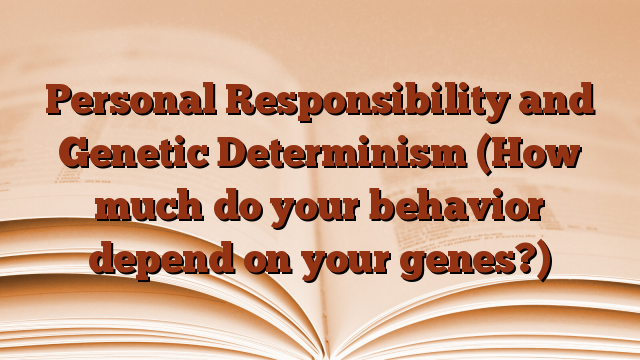Genes are instructions for the best way to make an individual’s body. Likewise, plans are guidelines for building a house. Trait information is indicative of the body ascribed to an individual, such as uncovered or bared ears and a small or large facial structure. These rules come from our people; As their qualities solidify, our qualities are gathered. This is the explanation we often assume after a mix from our parents. I have eyes like my mother’s, at least my father’s build. Almost everyone has detailed information about their traits, which looks good considering how much choice there is in how people look and act. Despite the way factors can be mapped to explicit properties, it is unrealistic for experts to single-handedly identify the quality that is solely responsible for the most complex practices.
As of now, they are considering excluding vague twins. Unclear twins look exactly comparative as each twin has relative traits than their undefined relatives. Why? When a mother is pregnant, the treated egg contains a mix of characteristics from both the mother and father. This treated egg divides part of the time into two eggs with definitely similar quality mix. The result is two similar people who essentially resemble each other in appearance and behavior.
Genes can pass on traits that make it more plausible for you to cultivate certain disorders or conditions. Take the case of Jennifer and Karen; Their properties can tell about the bodies:
In any case, not every gene is linked to exactly one trait; A gene can affect a wide range of personality traits.
• Increase the size of your fat cells or control how they use fat in your body
• Jennifer and Karen affect behavior when they cooperate with their current situation.
• Release synthetic substances (like chemicals) that control craving and craving
The two most important effects on social behavior are qualities (the composite directions individuals acquire from their parents’ DNA) and climate (any remaining, unacquired elements).
Unlike a typical confusion, traits do not cause behavior or character traits; they influence you. While rates may be associated with specific attributes, it is impossible for professionals to eventually search for a single trait that is solely responsible for the most complex practices. First, not every grade relates to one and only one attribute; One trait can affect a variety of character traits. Furthermore, numerous qualities work together to influence most practices, meaning that the hereditary parts of a particular attribute are the aftermath of smaller consequences for many individual traits.
Although all properties affecting behavior have been found, behavior cannot be fully explained or predicted. This is because the individual’s current circumstances are just as important as their innate qualities in influencing behavior. Factors such as nursing, caregiving, injuries, and the prenatal climate play a significant role in improving social behavior. In fact, even the most outrageous hereditary traits like stature are influenced by natural variables, as exhibited by malnourished youth who are exceptionally short despite having tall guardians. For example, environmental factors such as supplement intake have changed the way hereditary traits are communicated.
Although these two effects are often introduced in an either-or design, as in the commonly used phrase “nature versus sustain”, the evidence in this way suggests a particular distinction in behavior and distinct qualities. There is no discernible reason.
Works Cited
1. Genes, Environment and Behavior (Article) | Khan Academy. Khan Academy. Published 2021. Accessed July 16, 2021.
2. Both environment and genetic makeup affect behavior | Learn Science at Scitable. Nature.com. Released 2021.
Thanks to Victor O Adedara | #Personal #Responsibility #Genetic #Determinism #behavior #depend #genes

Leave a Reply